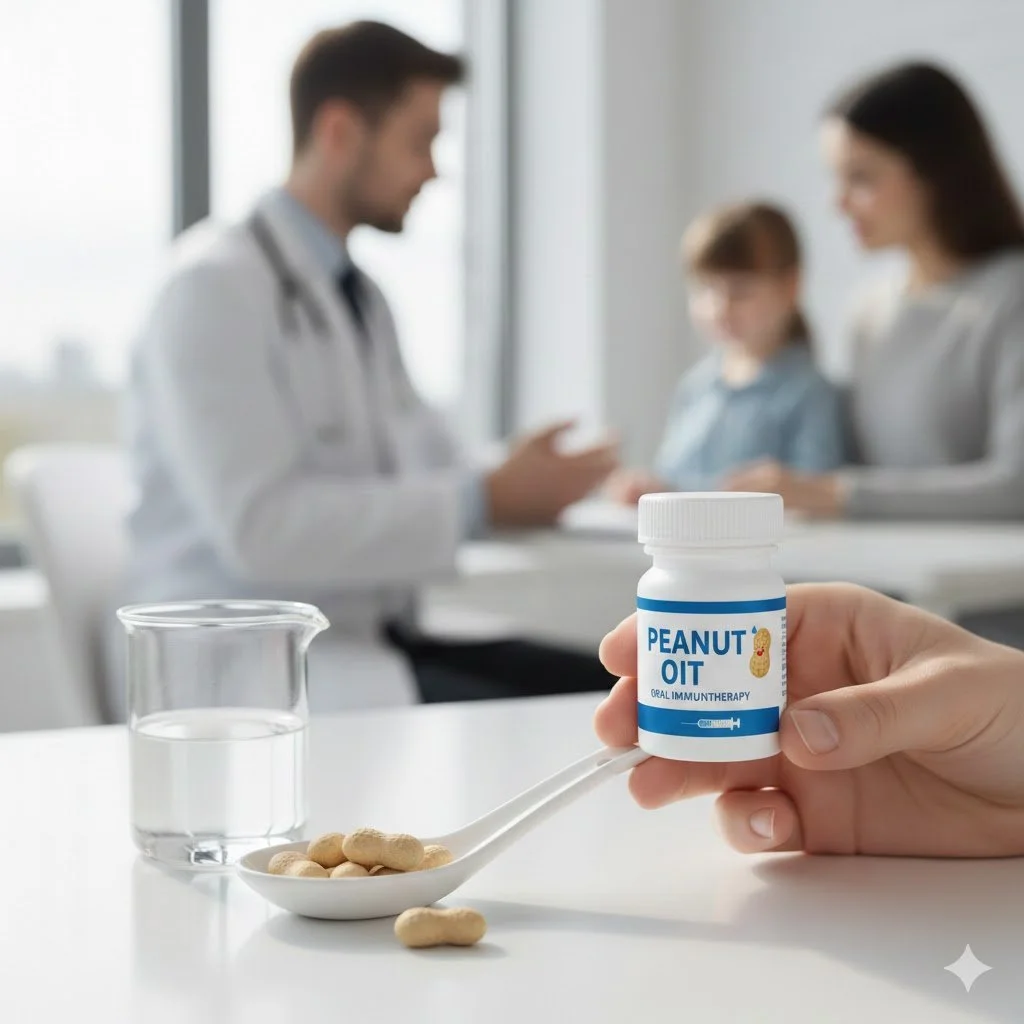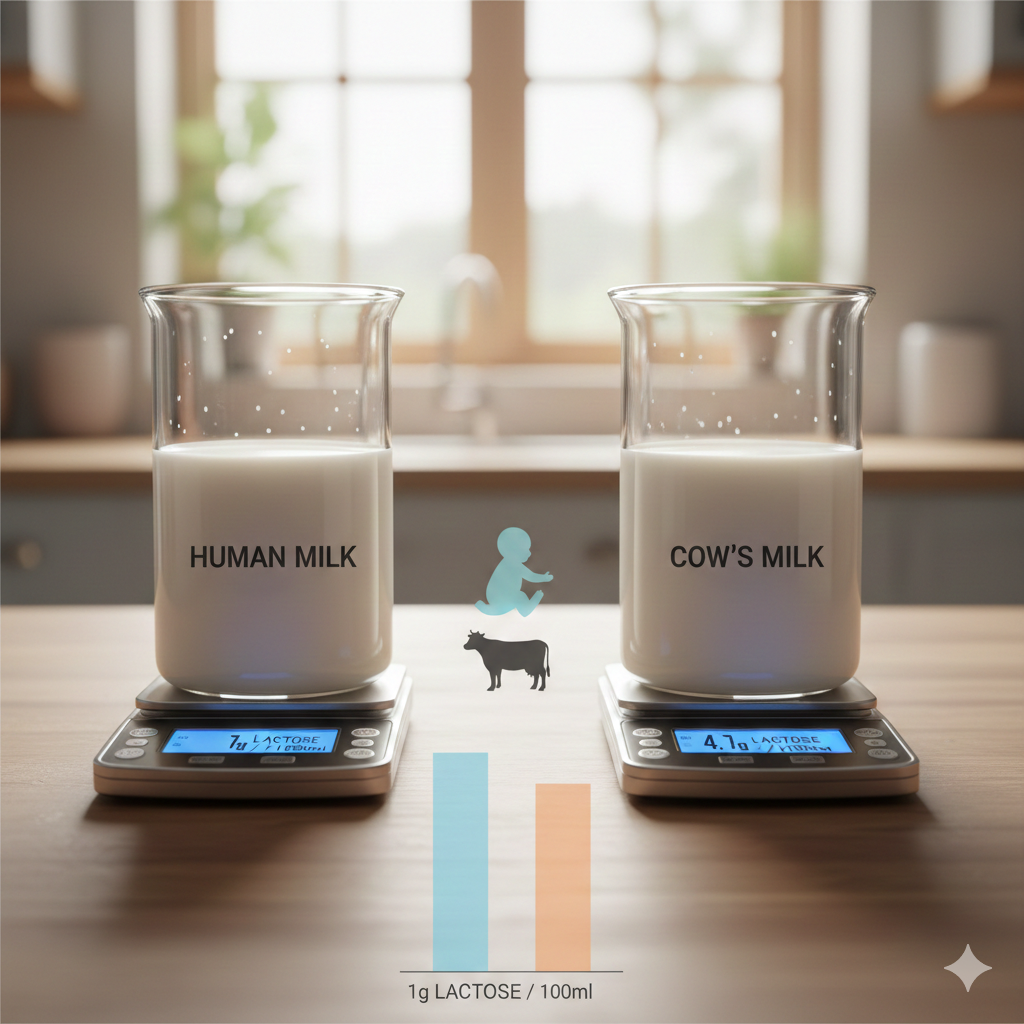Can my egg-allergic child receive a UK flu vaccine 2025/2026?
Yes, based on current NHS and Joint Committee on Vaccination and Immunisation (JCVI) guidelines for the 2025/2026 flu season, there is no flu vaccine that a child is automatically unable to receive simply because they have an egg allergy.
The vaccines may be administered in the usual setting.
The only possible contraindication would be a child who has required ICU admission for severe egg-induced anaphylaxis; this scenario is scarce!
For more specific details, please refer to the attached blog post. If you have residual questions, please visit London Allergy Consultants. We are also able to administer the vaccine to families who, for whatever reason, would not do so in a standard medical setting.
Children's Flu Vaccines for the 2025/2026 Season in the UK
As we enter the UK autumn and winter months, the NHS is rolling out its annual seasonal flu vaccination programme for children. For the 2025/2026 flu season, a nasal spray vaccine is the primary offering for most children, with injectable alternatives available for specific groups or circumstances.
The primary vaccine being offered to children aged 2 to 17 is the Live Attenuated Influenza Vaccine (LAIV), administered as a painless nasal spray. This vaccine, commonly known by the brand name Fluenz Tetra, is considered the most effective for children and helps to reduce the spread of the flu virus within the community.
For children who are unable to receive the nasal spray due to medical contraindications or whose parents object to the porcine gelatin content, an injectable vaccine is available. The recommended alternative is the cell-based trivalent influenza vaccine (IIVc). Should this be unavailable, an egg-cultured trivalent or quadrivalent influenza vaccine (IIVe/QIVe) will be offered.
For infants aged between 6 months and 2 years who are in a clinical risk group, the recommended vaccine is the injectable cell-based trivalent influenza vaccine (IIVc).
The nasal spray is not licensed for children under the age of two. If the IIVc is not available, the egg-cultured version (IIVe) will be administered.
The childhood flu vaccination programme extends to:
Children aged 2 and 3 years old.
All primary school children (from Reception to Year 6).
All secondary school children (from Year 7 to Year 11).
Children aged 6 months to 17 years with long-term health conditions.
Parents of eligible children will be contacted by their GP surgery or their child's school to arrange vaccination. The programme aims to protect children from the flu and reduce its transmission to more vulnerable members of the population.🩺
How much egg is actually in the flu vaccines?
For the 2025/2026 flu season, the flu vaccines available to children in the UK have varying levels of egg protein (ovalbumen), depending on the manufacturing process.
Briefly, there is very little egg protein in any one of the vaccines, but here's a breakdown of the egg content in the different types of vaccines offered:
Live Attenuated Influenza Vaccine (LAIV) - Nasal Spray (e.g., Fluenz™ Tetra)
The primary vaccine offered to most children aged 2 to 17 is the nasal spray. This vaccine is produced using eggs and therefore contains a very small amount of egg protein. The ovalbumen content in the LAIV nasal spray is less than 0.024 micrograms (µg) per 0.2ml dose.
Current NHS and Joint Committee on Vaccination and Immunisation (JCVI) guidance states that the nasal spray vaccine is safe for children with an egg allergy, including those who have previously experienced a severe allergic reaction (anaphylaxis) to egg.
The only exception is for children who have experienced a severe reaction that necessitated admission to an intensive care unit; these children should be referred to a specialist for their vaccination, there are very very few such children!
Cell-Based Influenza Vaccine (IIVc)
The cell-based trivalent influenza vaccine (IIVc) is an injectable option available to children who are unable to receive the nasal spray. As this vaccine is not produced using eggs, it is considered egg-free. This makes it a suitable alternative for children with a severe egg allergy who are advised against the nasal spray, or for those whose parents decline the nasal spray due to its porcine gelatin content.
Egg-Cultured Influenza Vaccine (IIVe/QIVe)
The egg-cultured injectable vaccines are another alternative. As the name suggests, these are grown in eggs and do contain residual amounts of egg protein. The ovalbumen content in these vaccines is very low, typically less than 0.12 micrograms (µg) per millilitre (ml), which is considered safe for most individuals with an egg allergy. These vaccines are generally offered if the cell-based version is not available.
So, whilst two of the three types of flu vaccines available to children in the UK contain traces of egg, the levels are extremely low. The cell-based vaccine provides an egg-free option, ensuring that all eligible children, including those with severe egg allergies, can be safely vaccinated against influenza.
Worried About Allergies? Let’s Help You Get Answers
If your child is showing signs of a food, pollen, or skin allergy, early diagnosis is key. At London Allergy Consultants, our expert team provides trusted, evidence-based care tailored to your child’s needs. From testing to treatment plans, we guide you every step of the way.
London Allergy Consultants
London Allergy Consultants is a leading UK centre for diagnosing and treating food and airborne allergies in children and young people.






Benefits of pollen immunotherapy include modifying the disease process, leading to long-term tolerance; preventing allergic rhinitis from progressing to asthma; reducing new sensitisations to allergens; maintaining clinical efficacy after treatment discontinuation; and improving control of allergic symptoms while decreasing medication use.